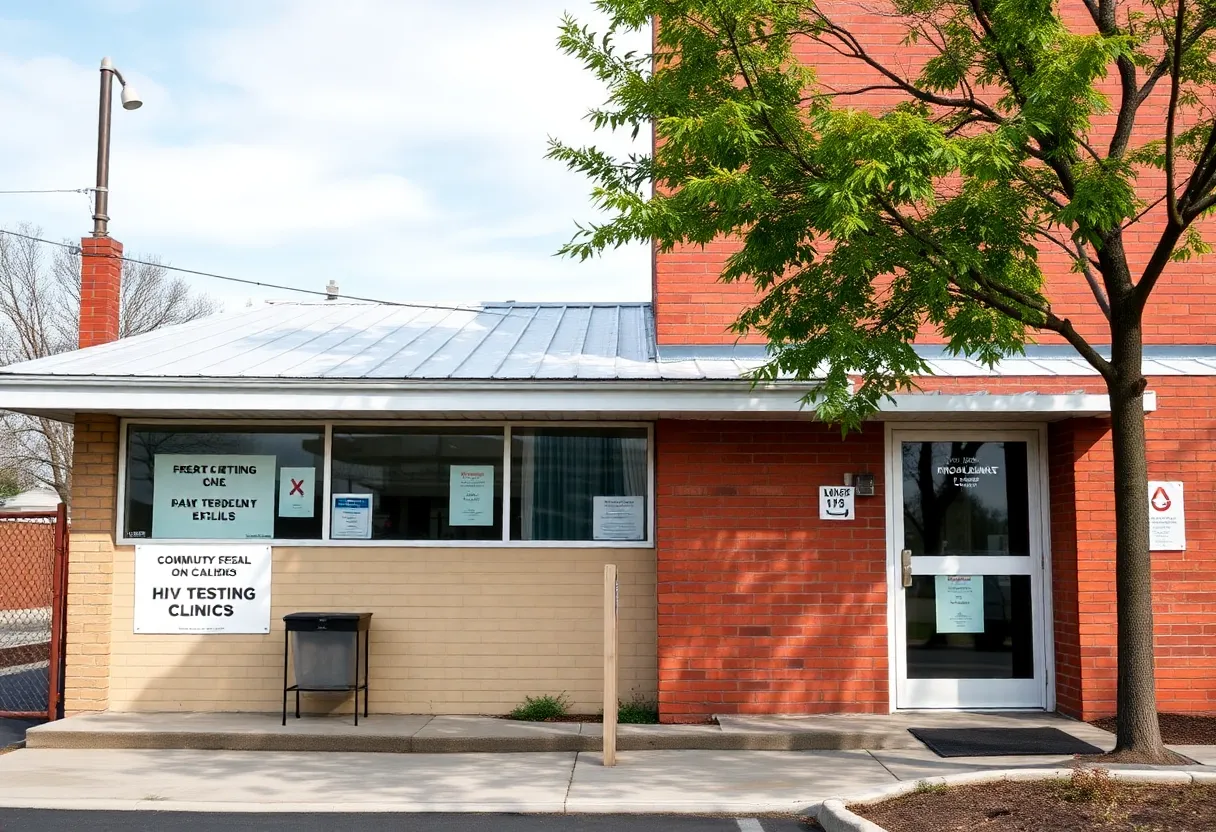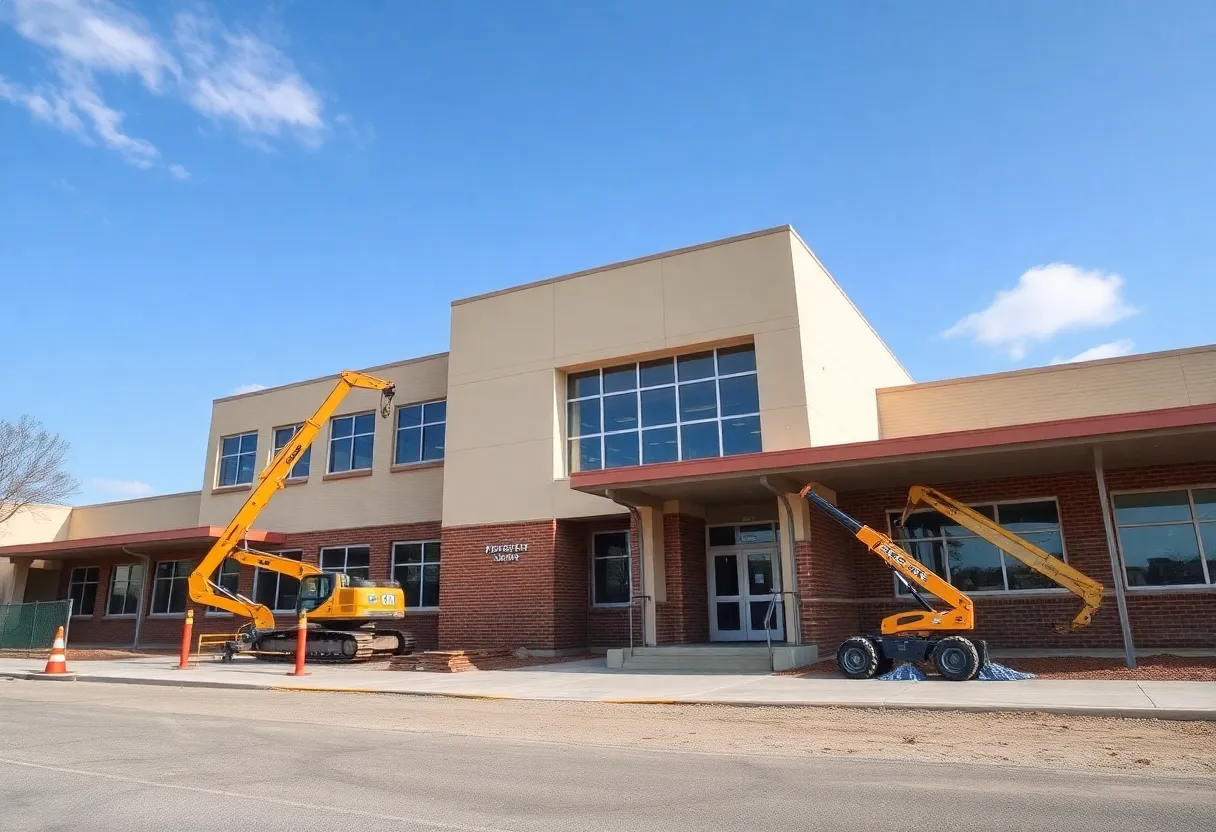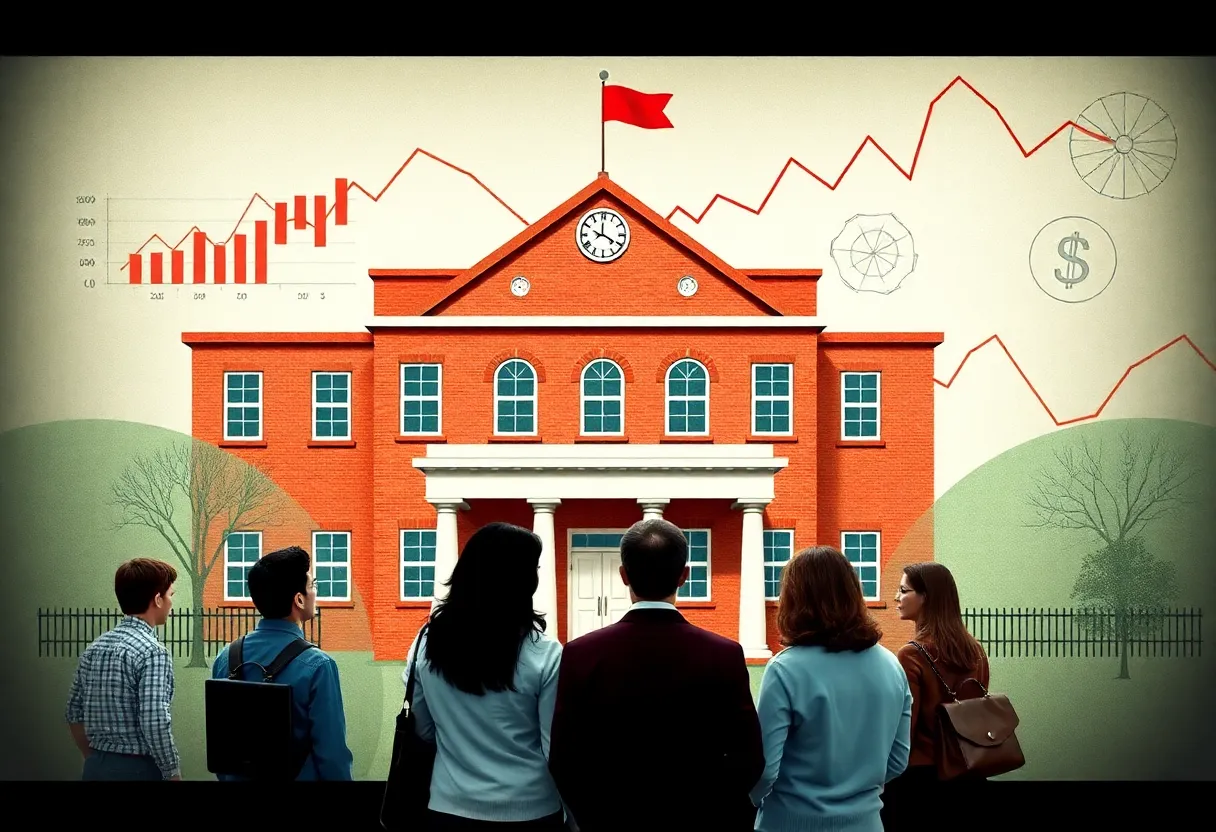News Summary
The Trump administration’s proposal to cut $700 million from HIV prevention funding has raised alarm among health advocates. Thousands depend on clinics for crucial services–from testing to support–but these cuts threaten to dismantle essential programs like those offered by the Aliveness Project and the Indigenous Peoples Task Force. As HIV diagnoses rise, especially among marginalized communities, the stability of various health services hangs in the balance, with significant implications for public health.
Trump Administration Proposes Major Cuts to HIV Prevention Funding
In a shocking move that has left many health advocates concerned, the Trump administration plans to propose a staggering $700 million cut to HIV prevention funding, placing free clinics across the nation at serious risk. This news comes as thousands of individuals depend on organizations like the Aliveness Project and the Indigenous Peoples Task Force for essential health services, including testing and support.
Free Clinics Under Threat
These funding cuts could spell disaster for countless individuals who rely on free clinics for HIV testing and prevention services. For instance, Adrianne Jackson, a 39-year-old who takes her health seriously, recently benefited from a free test offered at one of these crucial clinics. She highlighted that such services are vital for individuals who may not know where to access testing or support.
It’s worth noting that the closure of vital organizations like Rainbow Health and the African American AIDS Task Force in Minnesota last year has already strained the available services. The Aliveness Project has had to step in, picking up the pieces and managing cases for many individuals who found themselves without support due to these closures.
The Role of The Aliveness Project
Operating for over 40 years, the Aliveness Project has been a beacon of hope for individuals living with HIV. They provide a range of services, including case management, food and housing support, and, crucially, free testing for HIV. In fact, nearly $700,000 of their yearly budget comes from the CDC specifically for HIV prevention activities.
However, with proposed cuts looming on the horizon, the director of development at the Aliveness Project expressed deep concerns that such changes would completely disrupt their vital prevention program. The funding they currently receive plays an essential role in their mission to slow the spread of the virus and provide support for those affected.
Statistics Paint a Grim Picture
For context, Minnesota has seen nearly 10,000 residents diagnosed with HIV, with roughly 1,100 individuals unaware of their status. Alarmingly, new infections in the state have increased by an astonishing 24% in 2023, marking the highest rise in over a decade and disproportionately affecting nonwhite communities. Funding cuts now threaten to push the state further backward in the fight against this disease.
Indigenous Community at Risk
The Indigenous Peoples Task Force is also feeling the heat. They are currently in the fourth year of a five-year CDC contract that provides them with $441,000 annually for HIV prevention efforts aimed specifically at Native American adults, particularly those who use intravenous drugs. The proposed cuts could not only derail their progress but might also increase risks of HIV outbreaks within vulnerable communities.
The Wider Impact
The implications of these proposed funding cuts extend beyond just the clinics themselves, raising alarms about the stability of essential city services like emergency management and affordable housing. This brings to mind previous outbreaks of HIV experienced in the state just a couple of years ago—fears of returning to those dark times loom large.
As the conversation around these potential cuts continues, the consensus among health advocates and nonprofit organizations is clear: maintaining funding for prevention services is not just important but also cost-effective in the long run. It may save individuals from incurring lifetime medical costs that can exceed $500,000 for those living with HIV. The stakes could not be higher, as shifts in funding like these threaten to undermine years of hard-fought progress in HIV prevention and support across the nation.
In summary, the proposed cuts to HIV prevention funding are a cause for concern among health advocates and community members alike. As discussions unfold, the future of HIV prevention clinics hangs in the balance, while thousands of individuals worry about their access to care and support.
Deeper Dive: News & Info About This Topic
HERE Resources
Michigan Democrats Sound Alarm on Education Crisis
Additional Resources
- Star Tribune: Minneapolis Nonprofits Say Federal Funding Cuts Could Hurt HIV Prevention Work
- MedlinePlus: Health Information
- POZ: Two HIV Service Providers Close in Minneapolis
- Encyclopedia Britannica: HIV
- MSP Magazine: Open Arms Announces Cutbacks Due to Funding Issues






